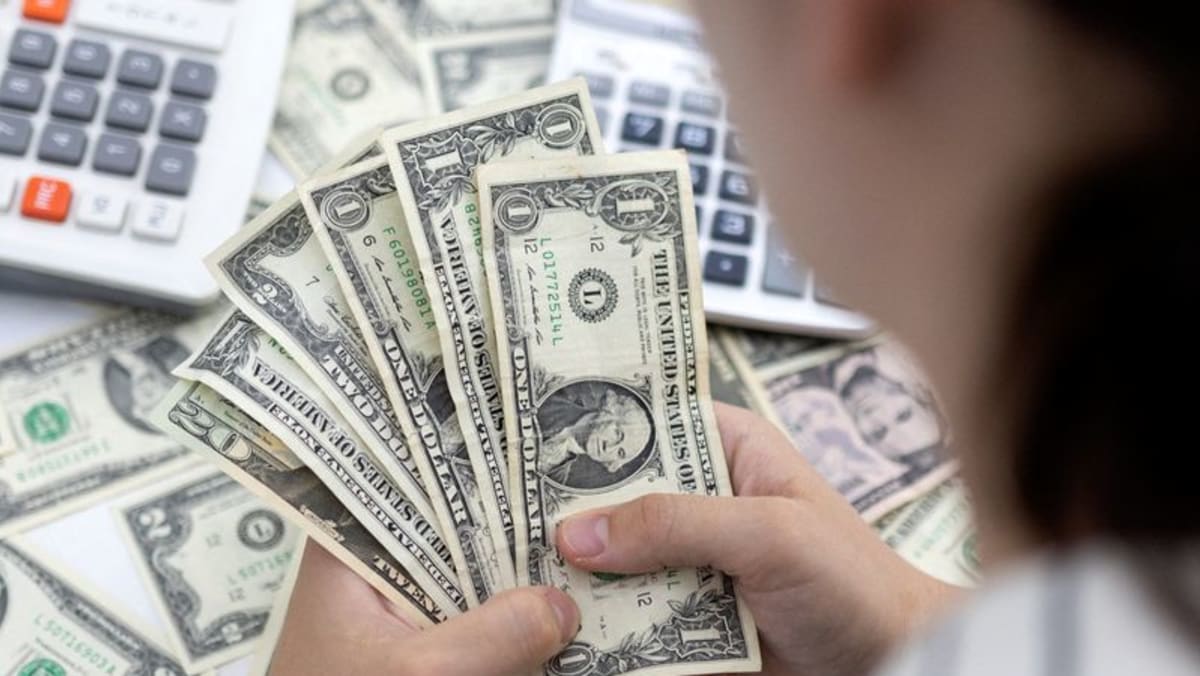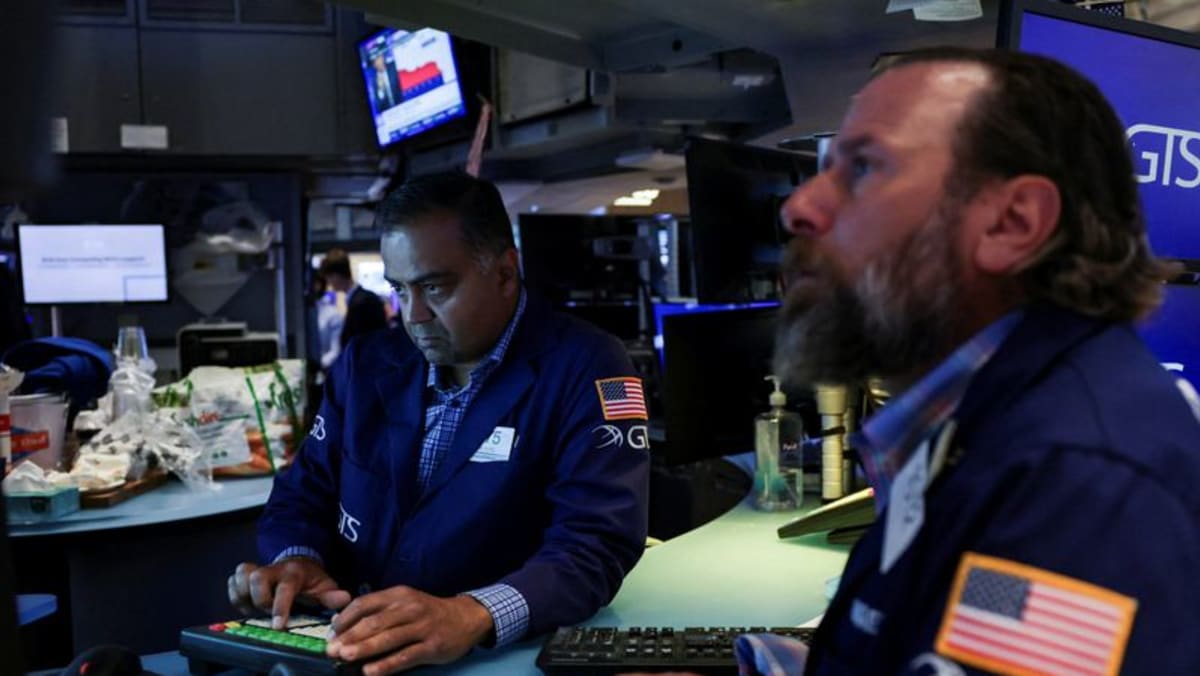NEW YORK : The dollar firmed on Friday but was heading for a weekly fall as weakening economic data leads traders to price in the probability of more interest rate cuts this year, and as investors evaluate U.S. President Donald Trump’s nominations to the Federal Reserve.
The dollar has dropped since last week’s jobs report for July showed employers added fewer jobs than expected during the month, while job gains from previous months were also revised down sharply.
Other data including a weakening housing market and services sector data are also pointing to a slowing economy.
Trump on Thursday, meanwhile, said he will nominate Council of Economic Advisers Chairman Stephen Miran to serve out the final few months of a newly vacant Fed seat, while the White House seeks a permanent addition to the central bank’s governing board and continues its search for a new Fed chair.
Bloomberg News reported on Thursday that Fed Governor Christopher Waller, who voted for a rate cut in the Fed’s last meeting, is emerging as a top candidate to be the central bank’s next chair when Jerome Powell’s term ends in May.
“It loads the FOMC with people who presumably are a little bit more favorable to lower interest rates,” said Shaun Osborne, chief FX strategist at Scotiabank in Toronto.
“The impression is that the Fed is veering towards cutting interest rates probably a little bit quicker than markets had expected, certainly prior to last week. And maybe even speculation that the Fed could cut rates a bit more aggressively than we’d been expecting.”
LARGER IMPACT
Traders now see a 89 per cent chance of a rate cut at the Fed’s September meeting, and are pricing in 58 basis points in cuts by year-end.
Trump also last Friday fired a top Labor Department official on the heels of the weak jobs report, raising concerns that the Trump administration may have a larger influence over economic releases.
The dollar index nonetheless gained on Friday, which Osborne said was likely consolidation, with no fresh news to drive direction. It was last up 0.21 per cent on the day at 98.19 but on track for a weekly loss of around 0.5 per cent.
The euro fell 0.09 per cent to $1.1655.
FX and rates analysts at Bank of America noted that short U.S. dollar remains the highest conviction trade for the rest of this year among fund managers it surveyed.
“This could reflect survey respondents’ expectation of fading U.S. exceptionalism and simmering concerns on Fed independence and U.S. fiscal policy,” the analysts said. They added, however, that “rising concerns around global growth could test the short USD thesis.”
The next major U.S. economic release will be consumer price data for July due on Tuesday, which will be watched to see whether tariffs are reigniting inflation pressures.
The Fed now faces risks to both its inflation and jobs goals, with policymakers needing to balance which seems the more serious threat in deciding whether it is appropriate to reduce interest rates, St. Louis Fed President Alberto Musalem said on Friday.
Traders are also watching developments in a potential peace deal between Russia and Ukraine.
The U.S. and Russia are aiming to reach a deal to halt the war in Ukraine that would lock in Moscow’s occupation of territory seized during its military invasion, Bloomberg News reported on Friday.
Against the Japanese yen, the dollar strengthened 0.41 per cent to 147.71.
Bank of Japan policymakers debated the likelihood of resuming interest rate increases, with one signalling the chance of a hike this year, a summary of opinions at the July meeting showed, heightening the chance of a near-term rise in borrowing costs.
Sterling rose 0.06 per cent to $1.3451 and earlier reached a two-week high of $1.3458. The Bank of England cut interest rates on Thursday, but only after a narrow 5-4 vote, showing a lack of conviction in its easing bias.
In cryptocurrencies, bitcoin fell 0.70 per cent to $116,429.
Trump signed an executive order on Thursday that aimed to allow more private equity, real estate, cryptocurrency and other alternative assets in 401(k) retirement accounts – opening the way for alternative asset managers to tap a greater share of trillions of dollars in Americans’ retirement savings.












